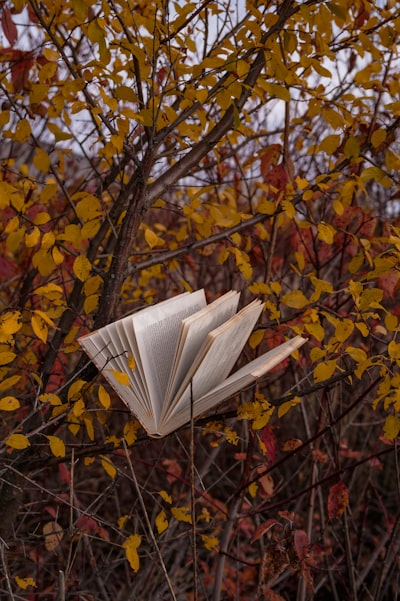Imagine a world where, instead of peering into colorful weather apps, we step outside and let our senses be the forecast. Before satellites crisscrossed the sky and algorithms parsed gigabytes of storm data, people looked to the horizon, smelled the air, read the whorls of clouds, and even listened to the deep hush before the heavens broke open.
What knowledge have we lost as technology became our crystal ball? In the Caribbean, fishermen once judged coming hurricanes by watching seabirds vanish and coconut trees whisper in uneasy unison. Cultures around the globe developed their own intuitive warning systems, passed down in proverbs and folk songs, tuned to local quirks of wind and water. These days, such wisdom feels quaint, even as a backup. But when the very systems we trust can be 'abruptly terminated,' are we disarming ourselves of heritage—and a kind of weather literacy that's more visceral than digital?
Maybe it’s time to blow the dust off those old ways. What skills could we reclaim from our ancestors—not for nostalgia, but for resilience? What, after all, does the sky still try to tell us, if we only remember how to look up?
This article was inspired by the headline: 'Critical hurricane forecast tool abruptly terminated'.

Comments
No comments yet. Be the first to comment!